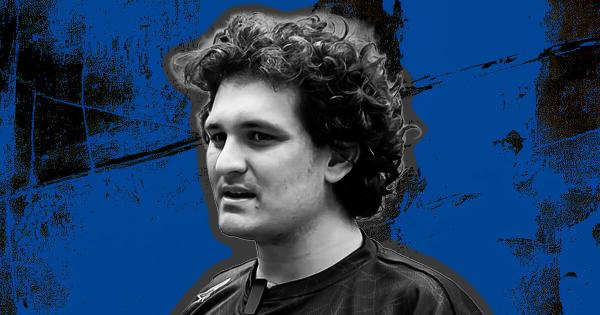On Aug. 3, the New York Times raised objections against interim and potential future gag orders imposed on Sam Bankman-Fried, the former CEO of FTX, who is charged with multiple felonies in connection with the exchange’s alleged mismanagement and ultimate collapse.
In a court filing, the NYT said that court orders restricting speech must follow legal standards. It added that any such order must protect the public’s First Amendment right to be informed of FTX’s collapse, which it called a “scandal that stripped billions of dollars from the economy and harmed innumerable members of the public.”
The NYT argued that the limitations on speech, particularly those imposed on non-legal professionals like Bankman-Fried, should be under stricter scrutiny compared to those applied to legal counsel.
The company cited two legal provisions to this end. First, it cited a rule concerning orders aimed at legal counsel. This rule says that lawyers and legal firms should not release information if doing so will likely interfere with a fair trial or result in prejudice.
The other rule, which only applies to non-lawyers, allows the court to issue an order controlling speech when any statements are “likely to interfere with the rights of the accused to a fair trial by an impartial jury.” The NYT asserted that restrictions are only permissible if the rights of the accused are at risk — something that does not seem to be the case as Bankman-Fried chose to share information voluntarily.
NYT expresses further objections
Furthermore, the NYT raised objections against a statement made by the government prosecutors. The government previously said that the defendant, Bankman-Fried, has a right to speak to the press but that he can only make statements in his own defense. The NYT asserted that this is “not the standard” regardless of the provision in question.
The NYT clarified that their report on Caroline Ellison, CEO of Alameda Research and an involved party in the FTX scandal, was purely informative and not intended to influence the case. It said that the public has a legitimate interest in Ellison’s actions that is separate from the case against Bankman-Fried, as Ellison has admitted to participating in FTX’s affairs.
The NYT was solely concerned with the gag order. It did not directly address whether its coverage could sway witnesses or potential jurors and whether this could merit a revocation of Bankman-Fried’s bail, as prosecutors have suggested.
Others have expressed similar objections to secrecy around the case. Inner City Press said that the documents around the matter should not remain under seal. Legal scholar Laurence H. Tribe also objected to any gag order in a recent filing.
The post New York Times objects to gag order on Sam Bankman-Fried leading up to trial appeared first on CryptoSlate.







